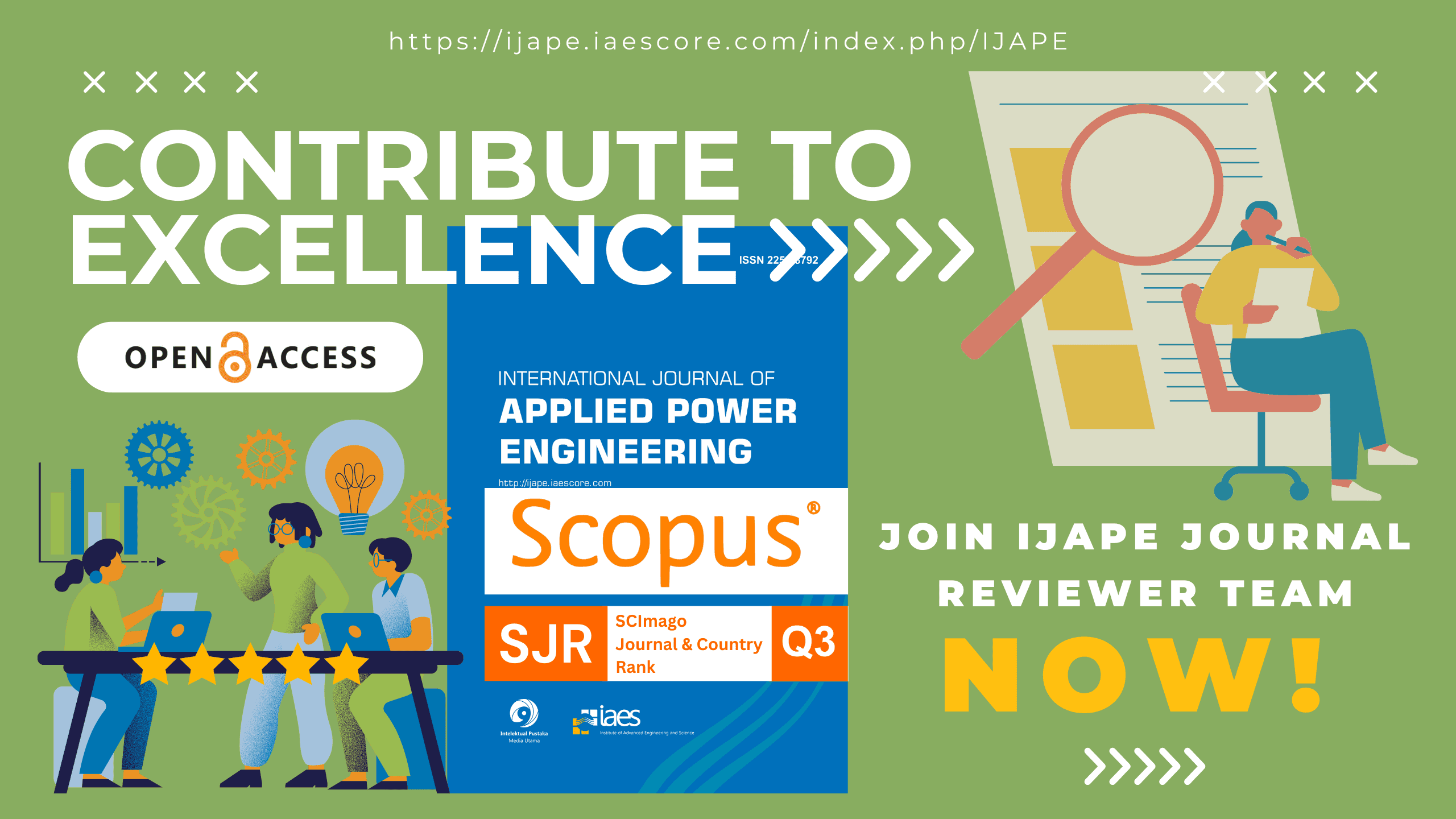Detail of areas:
Electric Power Generation: wind power, photovoltaic, advanced energy technologies, hydroelectric power generation, synchronous machinery, thermal generating plants, and distributed utilities.
Electric Power Transmission: concept of energy transmission and distribution, transmission line structures, insulators and accessories, transmission line construction and maintenance, insulated power cables used in underground applications, transmission line parameters, sag and tension of conductor, corona and noise, geomagnetic disturbances and impacts upon power system operation, lightning protection, reactive power compensation, environmental impact of transmission lines, transmission line reliability methods, high-voltage direct current transmission system, transmission line structures, and advanced technology high-temperature conductors.
Electric Power Distribution: power system loads, distribution system modeling and analysis, power system operation and control, hard to find information on distribution system characteristics and protection, real-time control of distributed generation, and distribution short-circuit protection.
Electric Power Utilization: heating and welding, electrolytic process, illumination, electric traction, metering of electric power and energy, loads, motors, and electric and hybrid vehicles.
Power Quality: wiring and grounding for power quality, harmonics in power systems, voltage sags, voltage fluctuations and lamp flicker in power systems, and power quality monitoring.
Soft Computing Applications in Power Engineering: neural network, machine learning, fuzzy computing, genetic algorithm, swarm intelligence, evolutionary computing and additional techniques.


